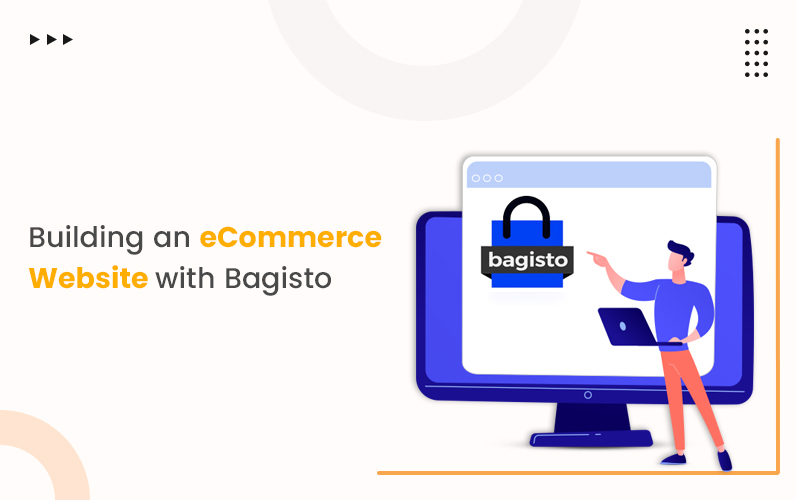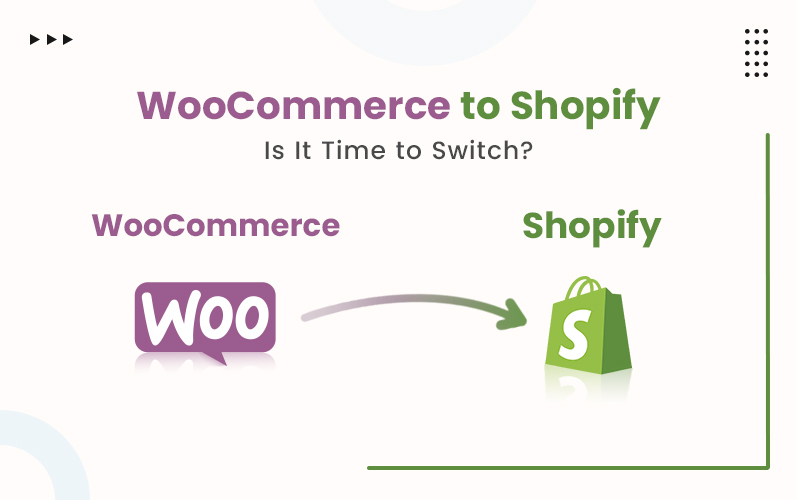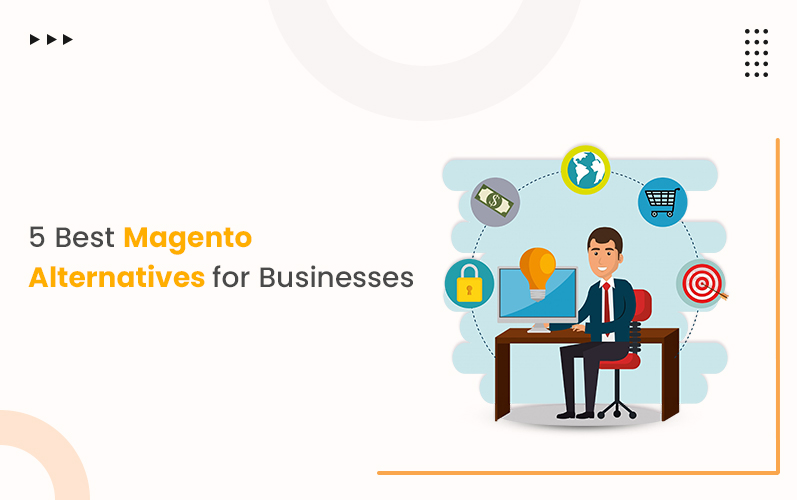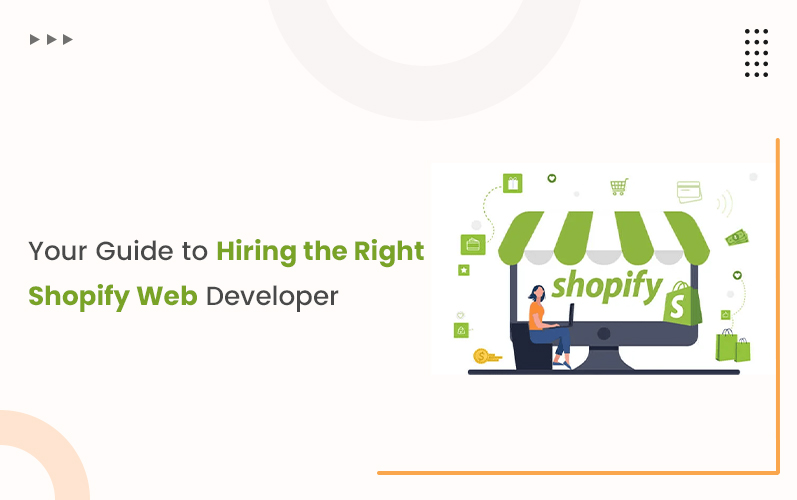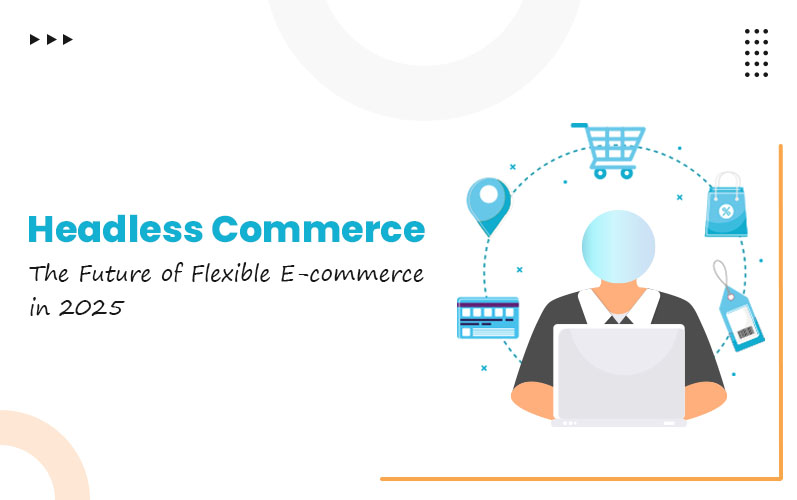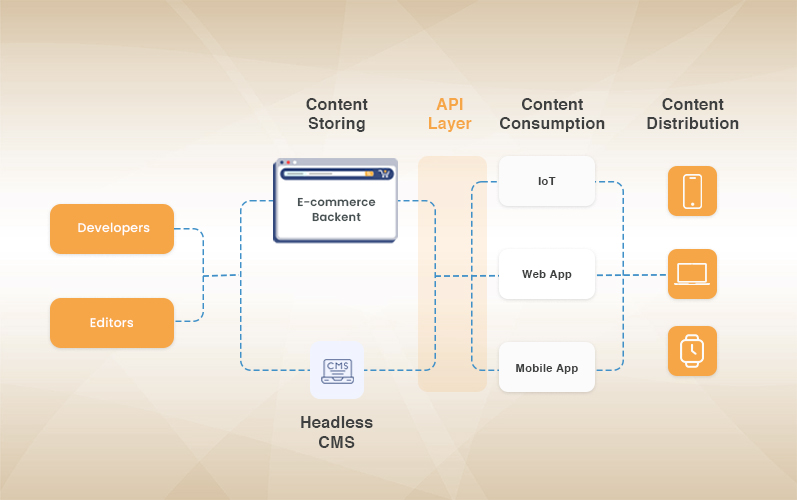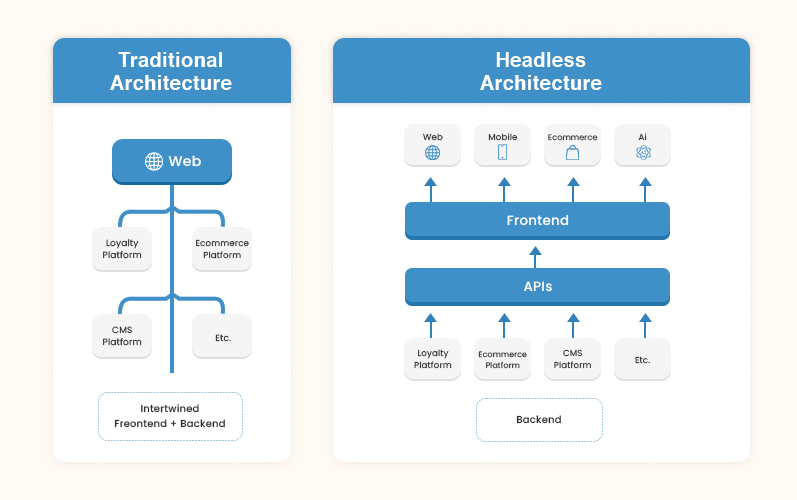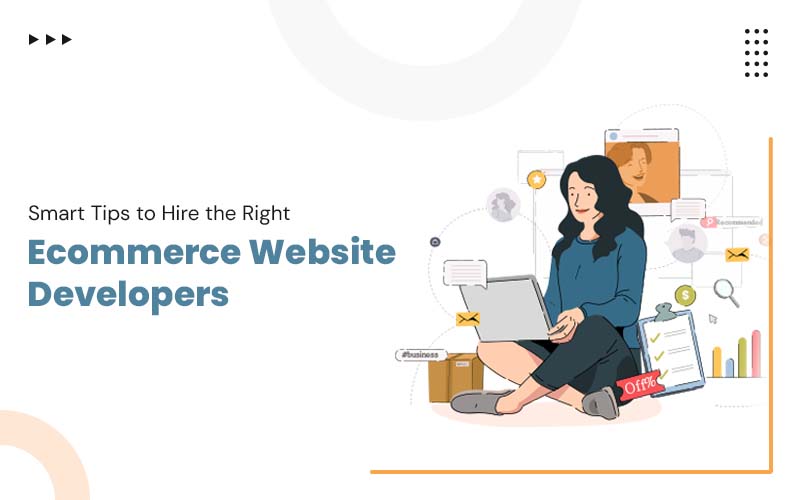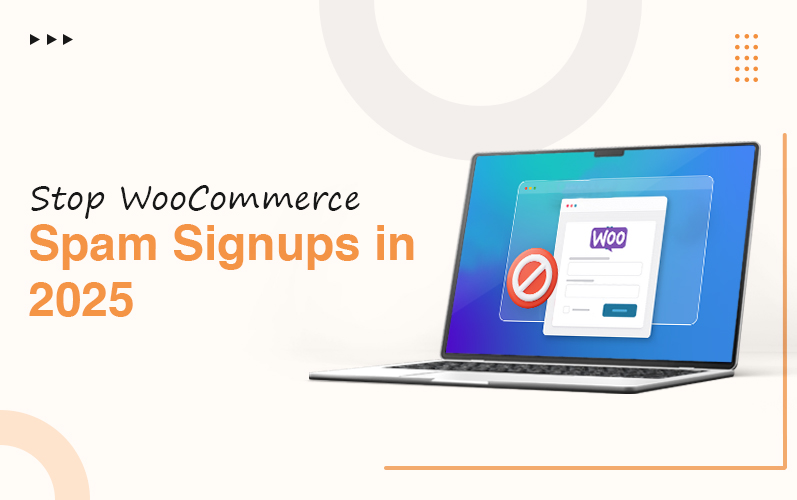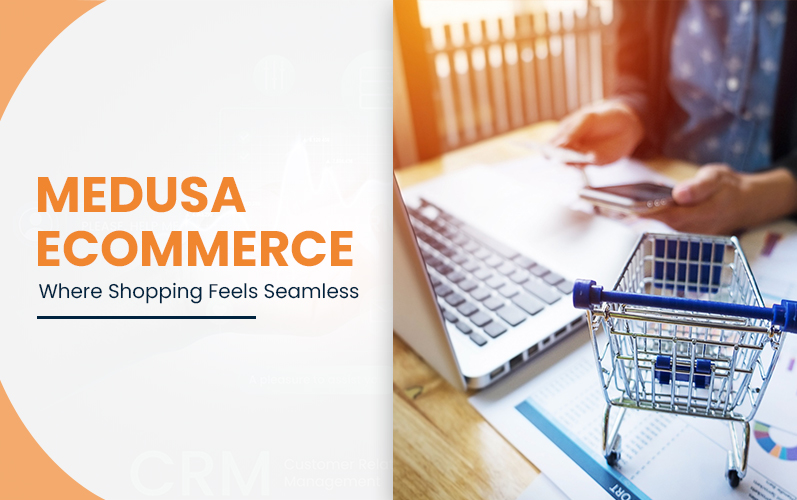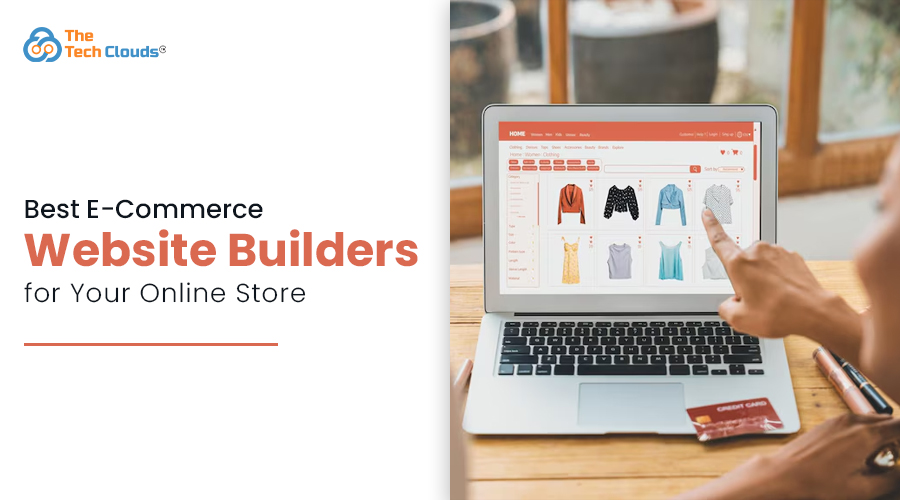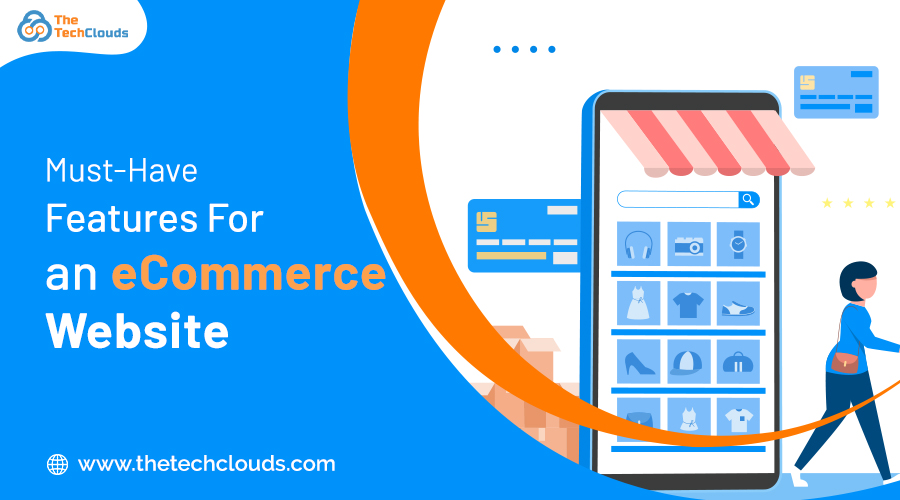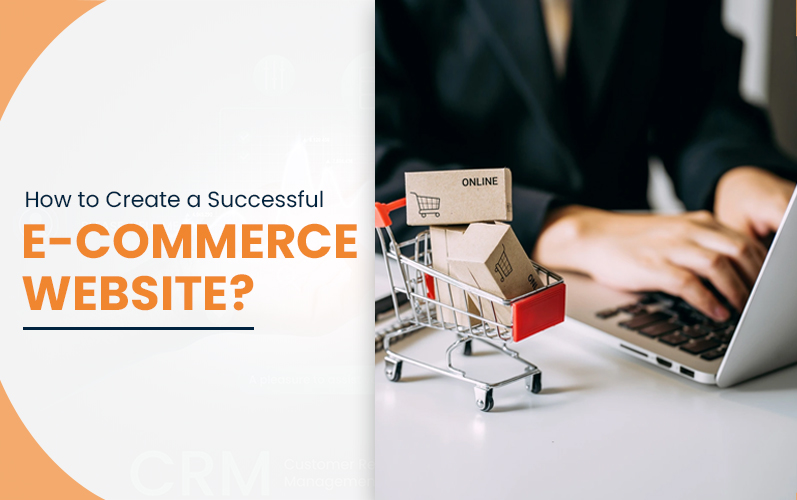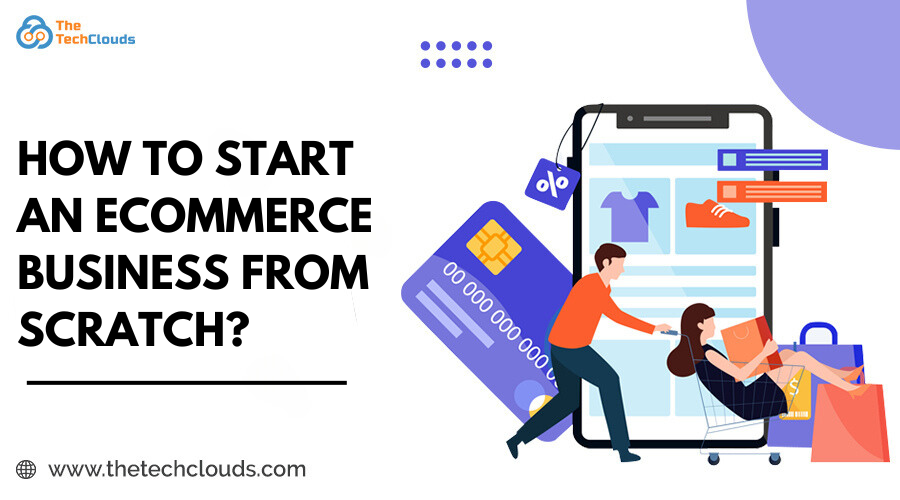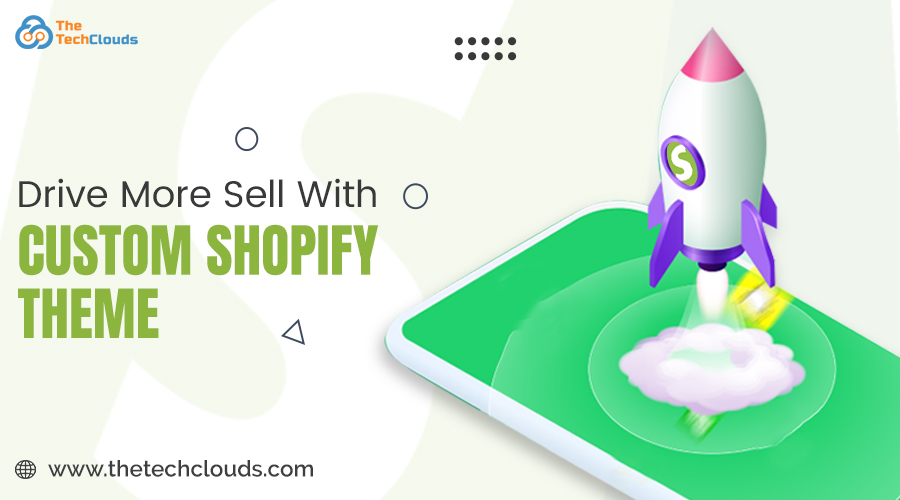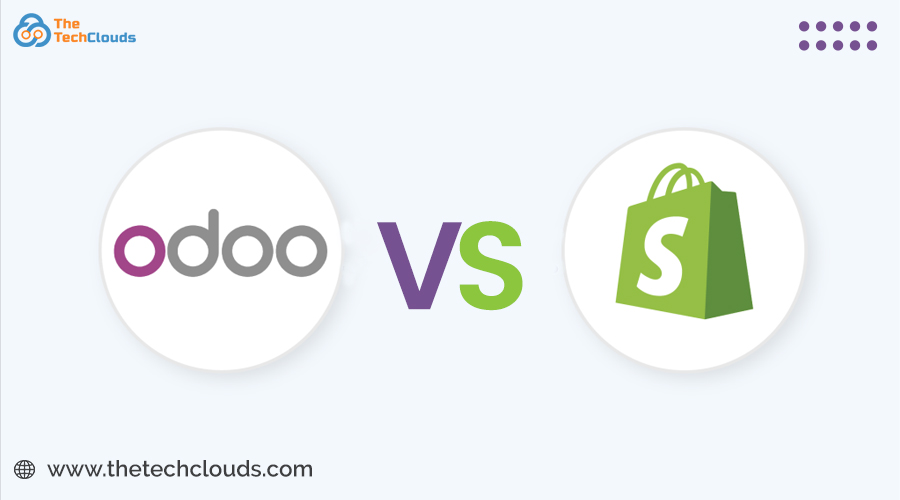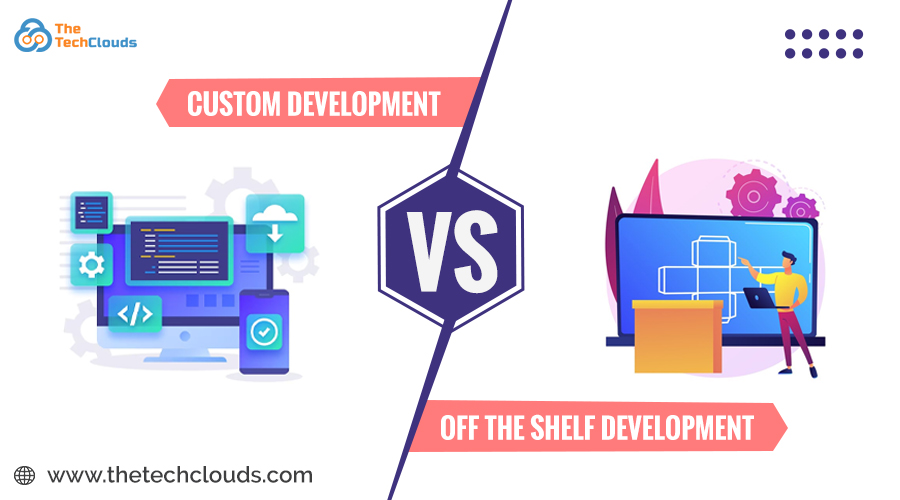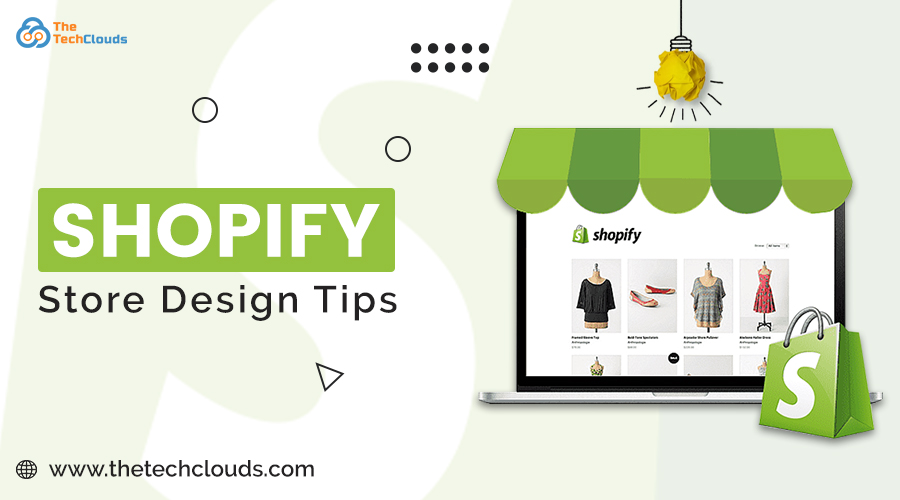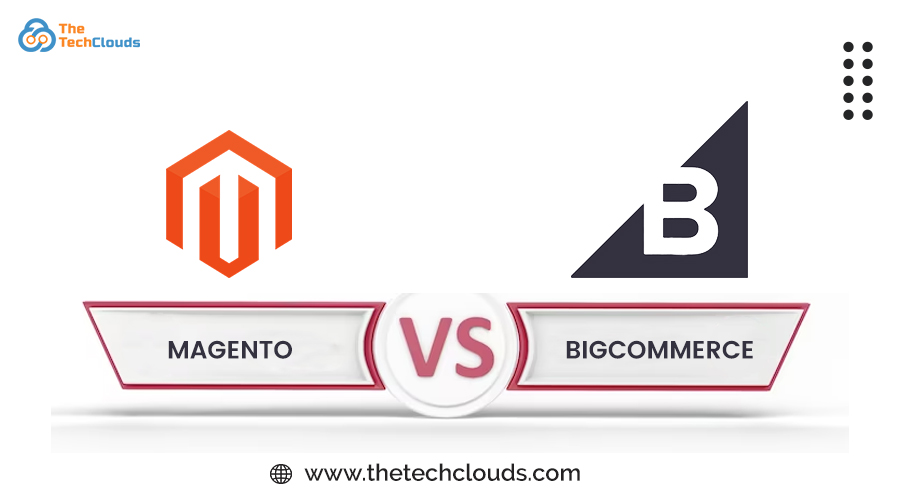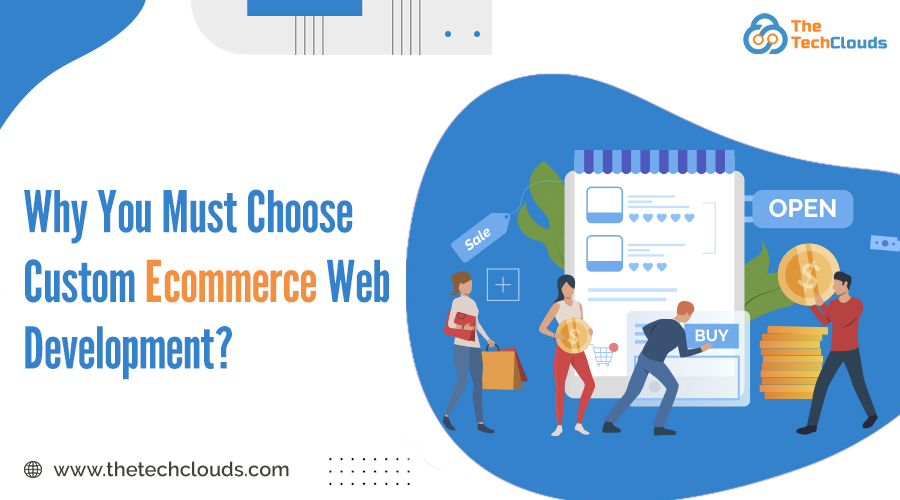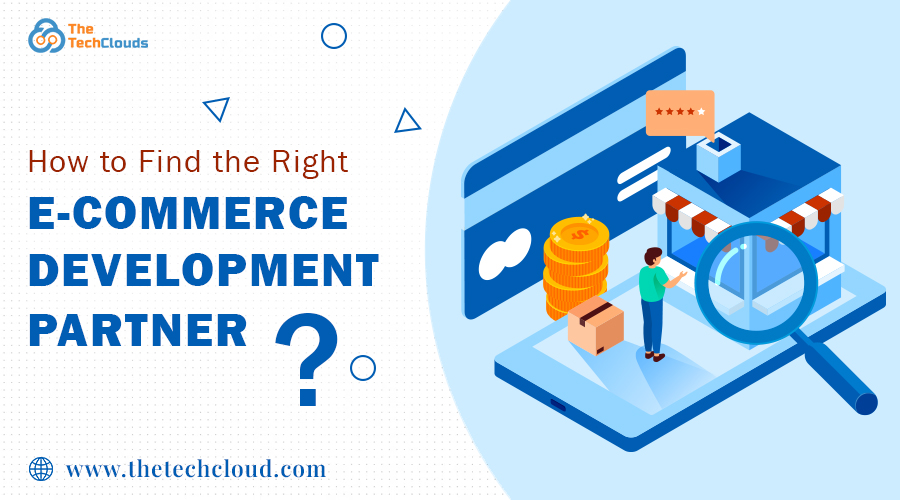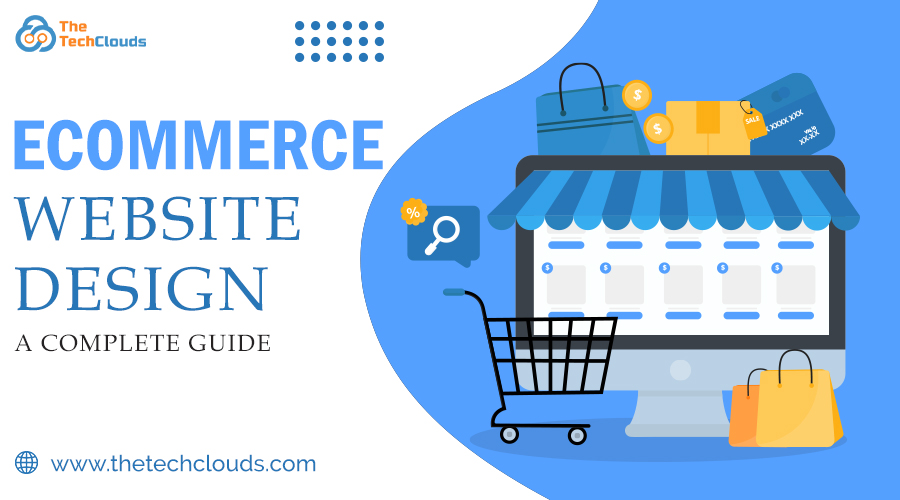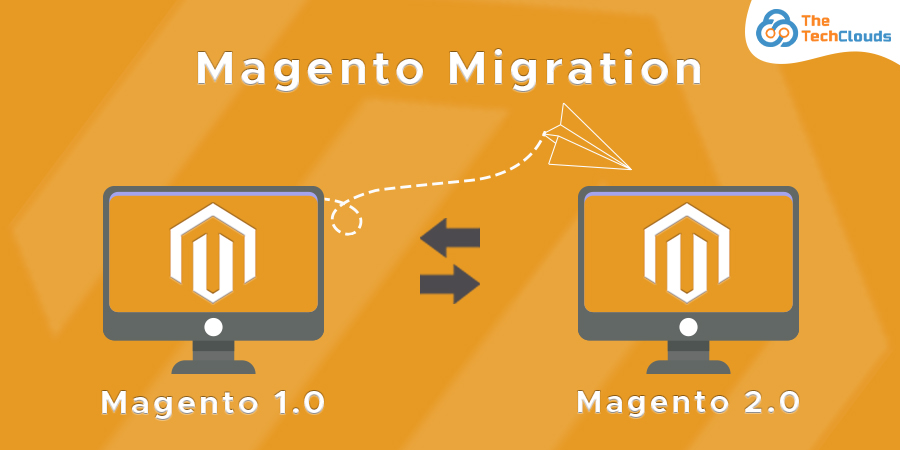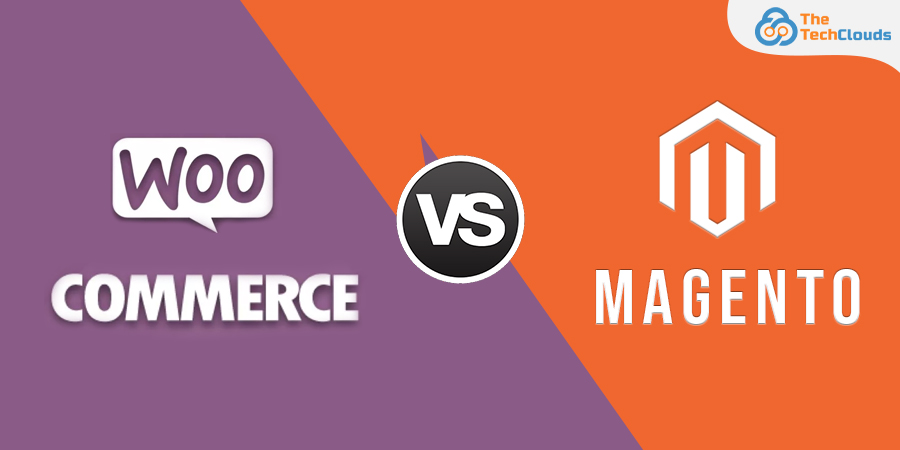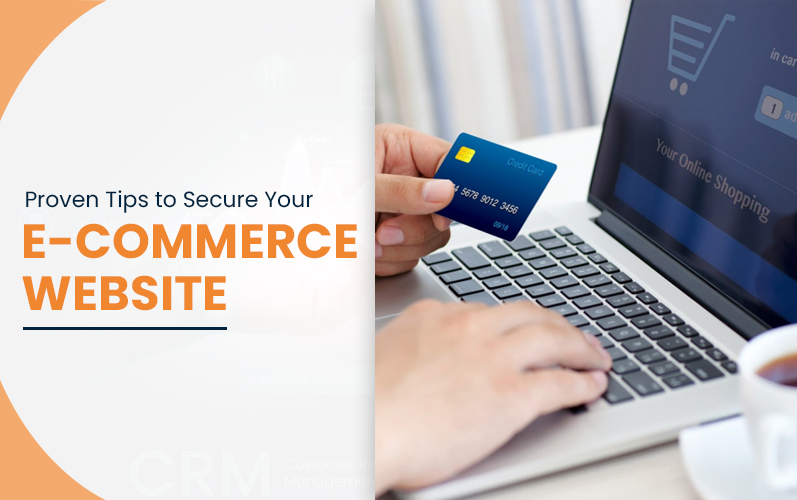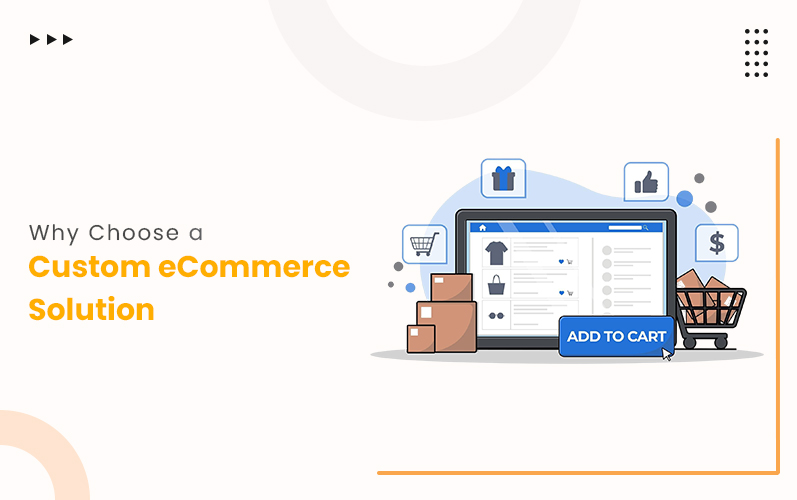If you are considering building an e-commerce website, Bagisto e-commerce can be a potential choice. More than 70% of eCommerce sellers, which are basically the SMEs, often choose Bagisto for its affordable customization and easy integration.
In this blog, we will explore why Bagisto is an ideal choice for building your eCommerce website if you are shifting your strategies to embrace online channels, recognizing the importance of a strong eCommerce presence.
Key Takeaway
- As an open-source Laravel eCommerce platform, Bagisto is highly customizable and scalable.
- Whether it’s a small online store or a large enterprise marketplace, Bagisto’s modular architecture is suitable for every need.
- PWA support, multilingual setup, and multi-currency compatibility, Bagisto helps businesses reach global customers seamlessly.
- Easy setup, active community, and Laravel’s clean framework make Bagisto a practical choice for developers and SMEs.
What is Laravel Bagisto?
Bagisto is an open-source ecommerce platform. It is built on Laravel, which is a popular framework. Laravel Bagisto combines Laravel’s elegant modular architecture and powerful backend capabilities with ready-to-use eCommerce features.
With Bagisto, you can get flexible functionalities, integrated multi-vendor and multi-store support. It also supports seamless integration into mobile apps, POS systems, and smart devices for a headless e-commerce architecture.
Why Build an eCommerce Website Using Bagisto?
As of 2025, over 1,669 websites have adopted Bagisto for their e-commerce needs, with nearly 455 of them actively operating.
So, what makes brands opt for this Laravel e-commerce platform?
Here are some of the key reasons
Full Ownership and Control
You own the entire codebase and data, since Bagisto is an open-source eCommerce platform.
Benefits of the Laravel Framework
Bagisto is a built on Laravel, one of the most powerful PHP frameworks. Developers get to use elegant code structure, advanced security features, and efficient database management.
Modular Architecture
Due to Bagisto’s modular design, you can easily add or remove features or components as your business grows. This flexibility speeds up development, streamlines the customization, and reduces maintenance overhead.
Multi Store and Multi Vendor
Bagisto ecommerce supports multi-store setups and multi-vendor marketplaces. This means you can run multiple brands or storefronts or manage multiple vendors from a single backend.
PWA and Mobile Responsiveness
Build an eCommerce Website. Bagisto supports progressive web, which gives app-like experiences on mobile devices. It makes the customer experience more engaging and satisfying.
SEO and Performance Optimization
Bagisto comes with built-in SEO-friendly features and performance optimization tools. Your website ranks higher on search engines and gets more prospective leads organically.
Active Community and Extension
Bagisto has a growing community of developers and contributors. They create and support the Bagisto ecosystem with extensions, plugins, and updates.
Why Choose Bagisto Over Other Laravel eCommerce Frameworks?
Bagisto vs Aimeos vs LunarPHP / Vanilo (Modular) – Key Differences:
Core Philosophy:
Bagisto: Complete, feature-rich standalone platform.
Aimeos: Highly scalable and performant, ideal for large “gigacommerce” projects.
LunarPHP/Vanilo: Modular and flexible, headless-first approach, integrates with existing Laravel apps.
Frontend Stack:
Bagisto: Uses Vue.js for a modern admin and storefront.
Aimeos: Traditional JavaScript/HTML components.
LunarPHP/Vanilo: No assumed frontend; often uses Blade/Tailwind or custom frontend.
Key Use Case:
Bagisto: Standalone stores, multi-vendor marketplaces, B2B solutions.
Aimeos: Large-scale enterprise projects with unique customization needs.
LunarPHP/Vanilo: Integrating eCommerce into an existing Laravel application or custom frontend.
Ease of Setup:
Bagisto: GUI installer for quick setup.
Aimeos: Simple via Composer, but complex for deep configuration.
LunarPHP/Vanilo: Composer package integration; more custom development required.
Architecture:
Bagisto: Modular but built as a full solution.
Aimeos: Fully modular; install only what you need.
LunarPHP/Vanilo: Modular/headless; pieced together like building blocks.
Enterprise Features:
Bagisto: Multi-vendor marketplace, multi-tenant SaaS, PWA, B2B suite available.
Aimeos: Multi-channel, multi-vendor often part of core design.
LunarPHP/Vanilo: Requires extensions or custom development for enterprise features.
Developer Focus:
Bagisto: Best for Laravel + Vue.js developers wanting a ready-made solution.
Aimeos: Best for experienced developers needing full control and scalability.
LunarPHP/Vanilo: Best for Laravel-first developers wanting fine-grained control.
Community & Extensions:
Bagisto: Active community, growing marketplace with free and paid extensions.
Aimeos: Long-standing, robust, well-documented community.
LunarPHP/Vanilo: Growing community, strong focus on developer experience.
Use Cases – Who is Bagisto For?
Online B2B Marketplace
Bagisto is ideal for B2B marketplaces as it provides features like customer groups, custom pricing, bulk order management, and the ability to manage large catalogues.
Multi-vendor Market Places
Bagisto marketplace integration can help you easily create a multi-vendor marketplace. You can just use the Laravel multi-vendor marketplace extension and create an amazing marketplace without using code from scratch. What adds to its efficiency is Laravel’s routing system, which organizes, separates, and manages routes for admins, vendors, and customers.
Subscription-based Commerce
For businesses offering recurring services or Saas products or SaaS commerce that need monthly boxes or memberships, Bagisto supports subscription-based models. It integrates easily with payment gateways that handle recurring billing and automate renewals and membership premiums.
Mobile Commerce and PWA Development
Most shoppers now prefer buying on smartphones. This Laravel ecommerce platform perfectly caters to such needs by offering support for Progressive Web App (PWA), mobile commerce, and headless commerce capability with Flutter or React Native.
Enterprise-level modular and scalable eCommerce
Bagisto’s modular architecture makes it easy to scale as your business grows. You can add or modify features without affecting the core system, which is especially useful for large enterprises managing multiple departments or product lines.
Global Commerce with Multilingual and Currency Support
It is definitely a great choice to build an eCommerce website, Bagisto, for global commerce. It supports multiple languages and currencies. You can localize your store’s content, prices, and checkout experience for different regions using built-in localization features.
Final Thoughts
Bagisto brings together the power of Laravel and the flexibility of modern eCommerce needs, making it an excellent choice for businesses of all sizes. Whether you’re building a B2B store, a multi-vendor marketplace, or a global retail platform, its modular design and scalability ensure long-term success.
Are you ready to build your eCommerce website? Our eCommerce website development services help you create fast, scalable, and customized online stores using advanced platforms like Bagisto, Medusa, or Shopify.
Let’s turn your business idea into a high-performing digital store that drives real growth.


